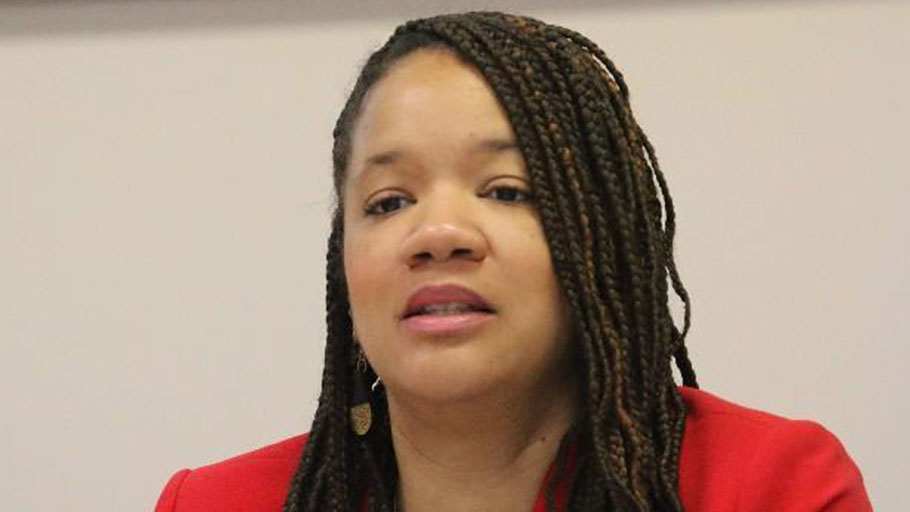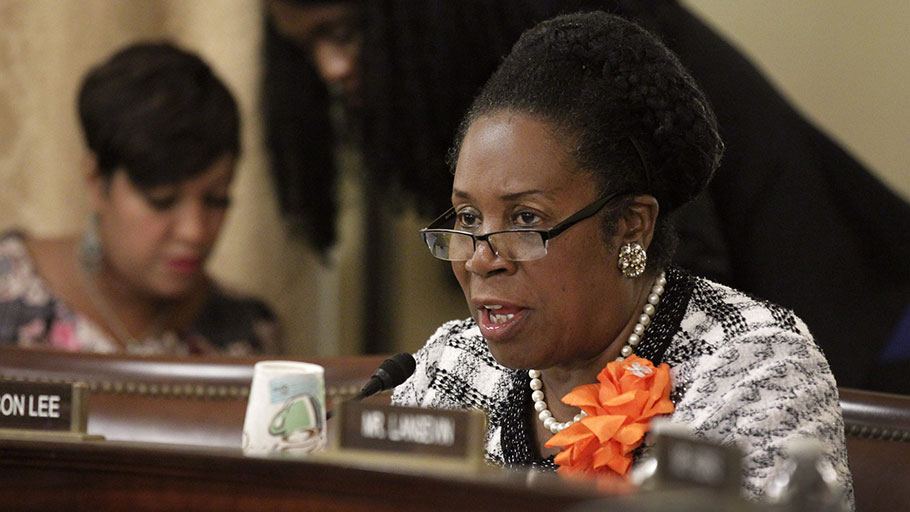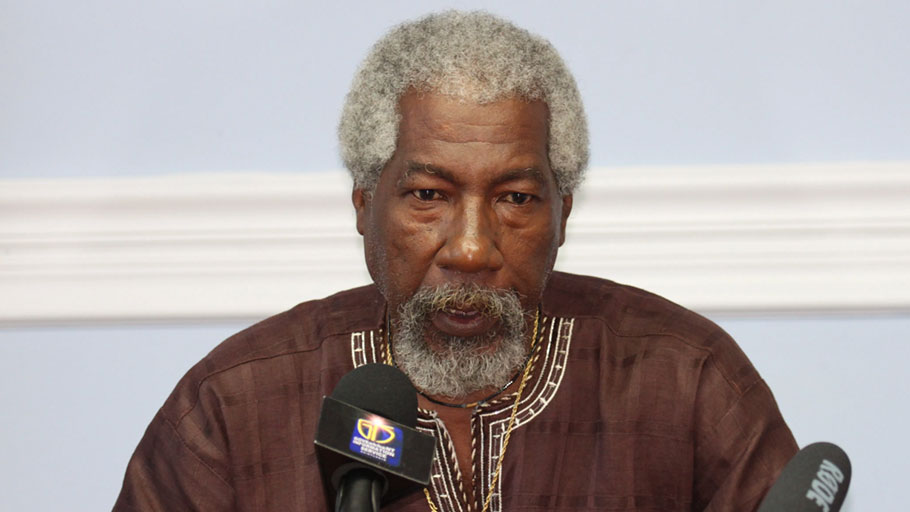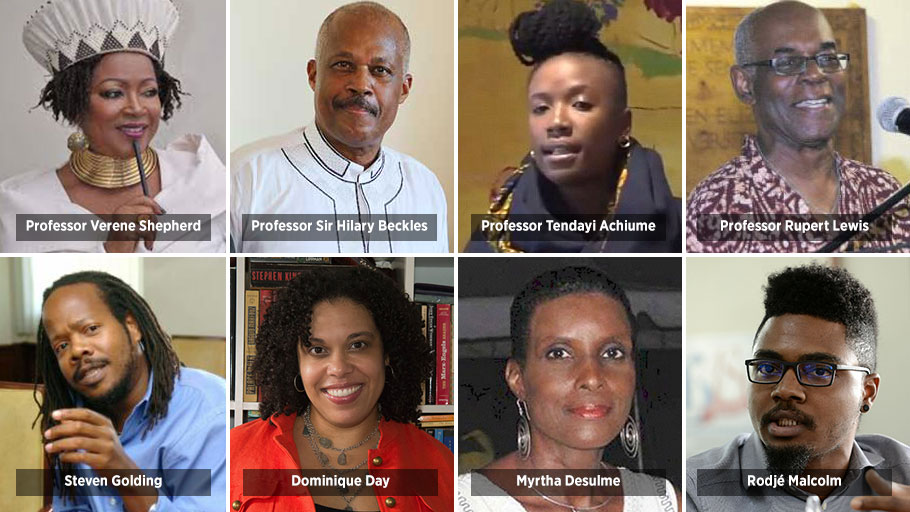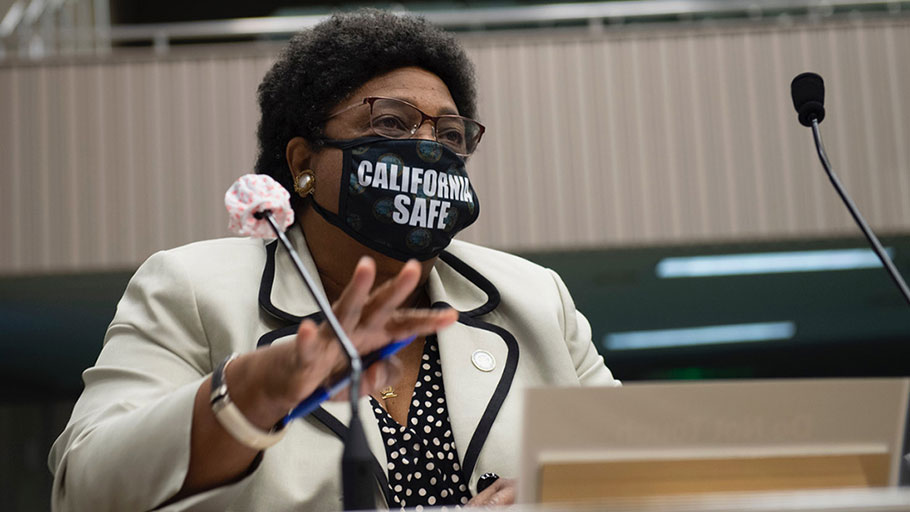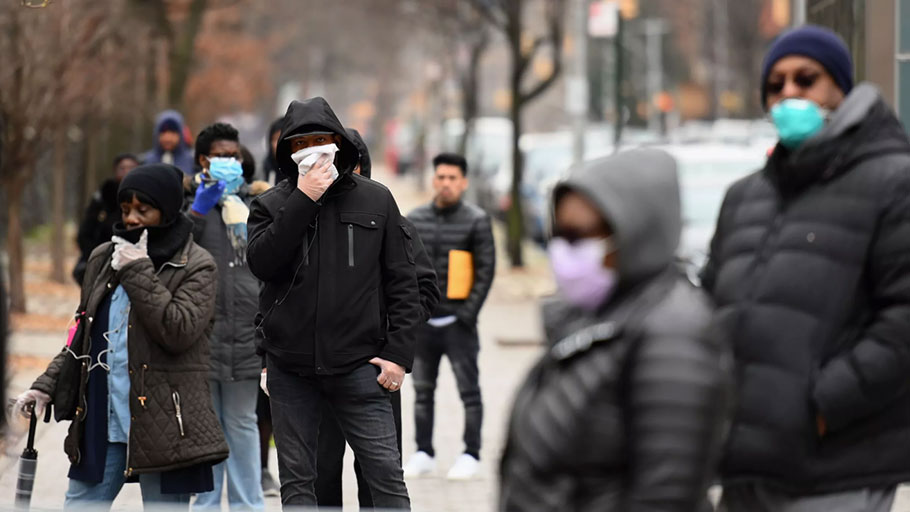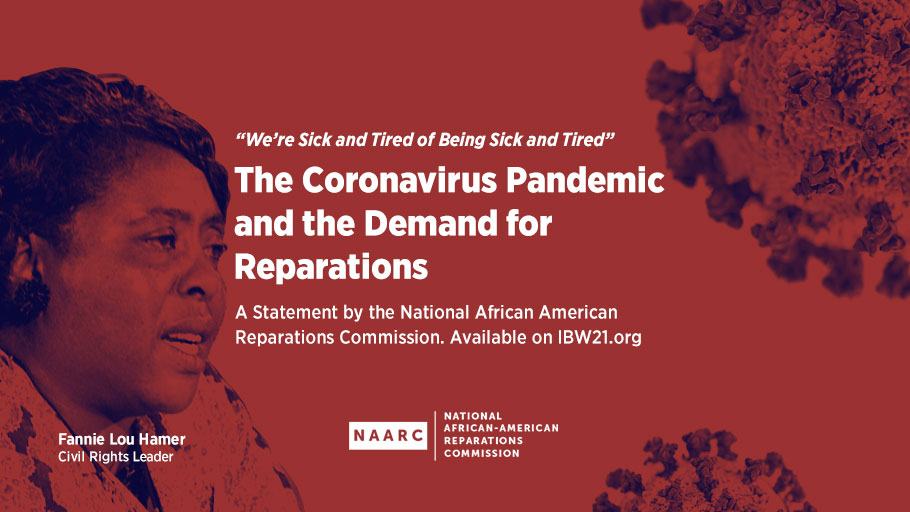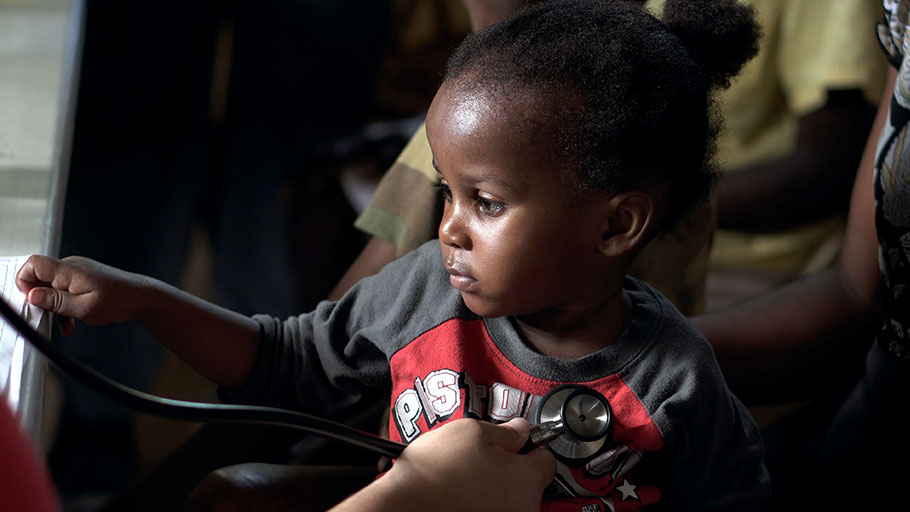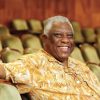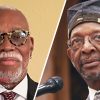
By DeNeen L. Brown, The Washington Post — On the eve of the 99th anniversary of the 1921 Tulsa Race Massacre, Human Rights Watch released a report Friday demanding reparations for survivors and descendants of the violence, which left hundreds of black people dead and blocks smoldering. “No one has ever been held responsible for these crimes, the impacts of which black Tulsans still feel today,” says the report, titled “The Case…

